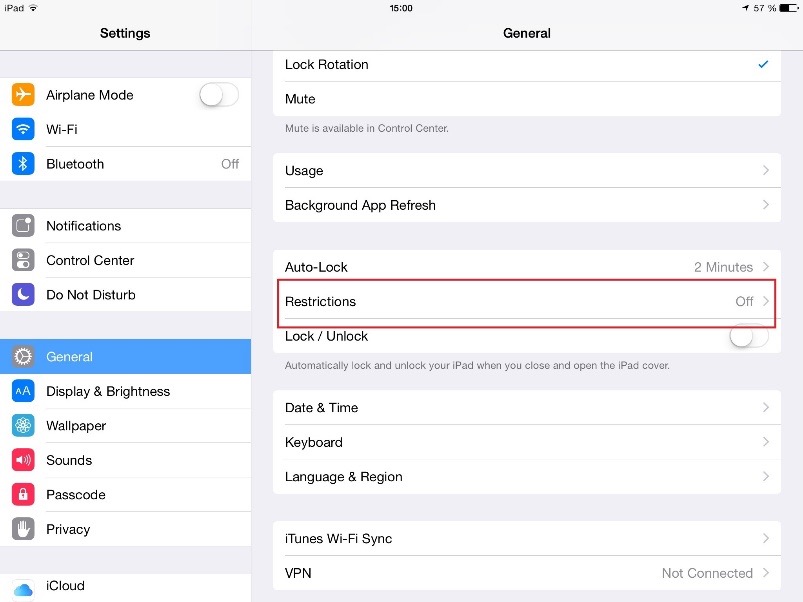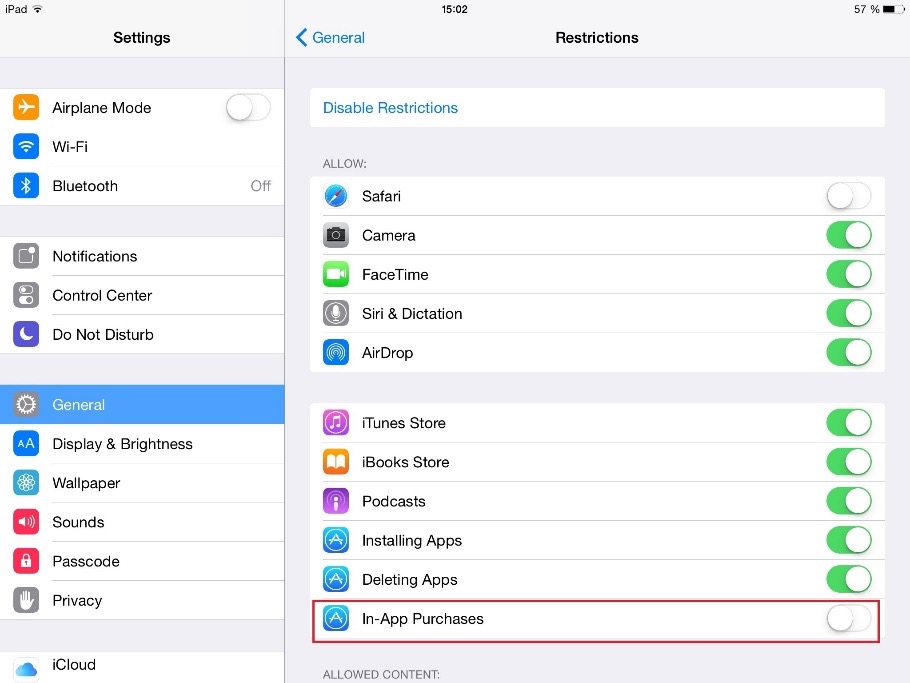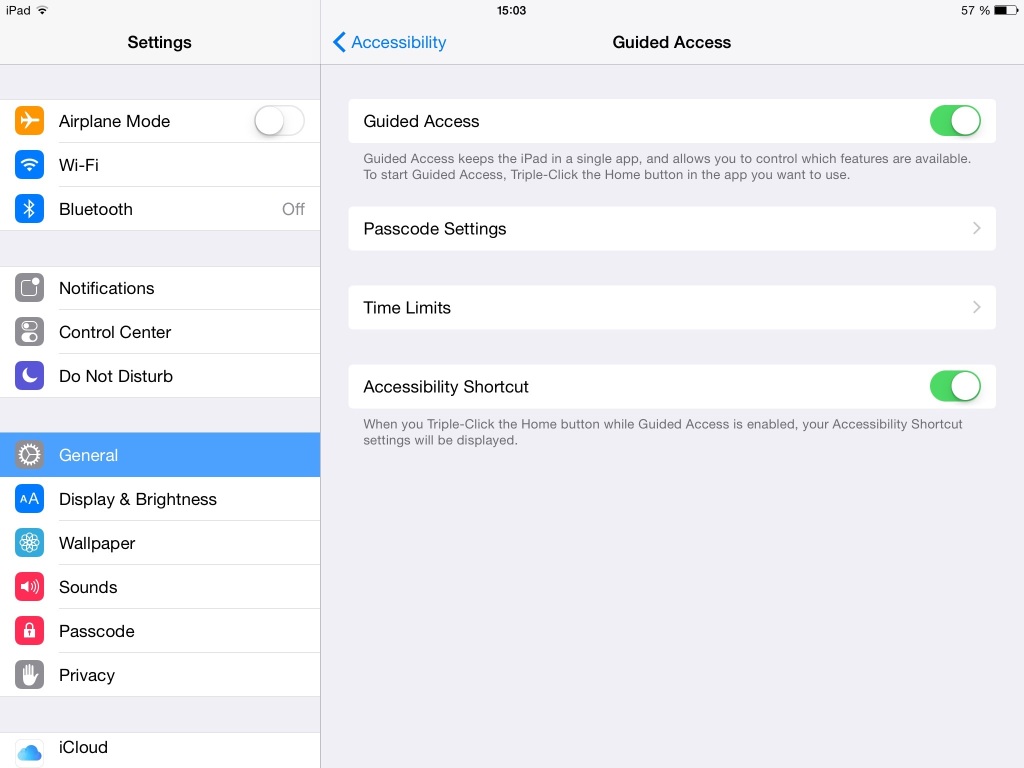Timur Bekmambetov and Levan Gabriadze’s film Unfriended (originally released as Cybernatural) is screened in US theaters, and will hit Russian theaters on June 18.
In the USA the film is distributed by Universal Pictures on 2,7k movie screens.
According to Bazelevs press-service that worked on this film, Unfriended trailer has become the most discussed trailer in history of Twitter, leaving behind all multi-million dollar Hollywood blockbusters. During the first three days it collected over 2 million views on YouTube and 7 million views on Facebook . It’s also racked up some serious social media attention with 261,951 tweets using the hashtag #Unfriended published in a single day, beating Fifty Shades of Grey’s record of 240,697 tweets the first day its trailer was released.
The film triggers mixed response in cinemagoers. “We can suppose that it is due to the groundbreaking format of the film, where all actions happen on the screen of the main character, as well as the raised topic – adolescent suicide fueled by cyberbullying”, – says PR-director of Bazelevs.
Bekmambetov says that for many years dreamt to shoot a film where the action happens only on the screen of a computer, but nobody believed that a viewer can excitingly watch for 80 minutes what happens on the screen. So, the director decided to prove that and made the film with the help of his colleagues, which “opened the next page in screen capture film art”, and developed a new cinema language.
“The language format that we invented is unique: it allows the author to explore the inner world of the hero through his interaction with virtual reality. For example, a person writes a message to his companion – his cursor freezes, as if he doubts. Thus the viewer can understand the emotional state of the character and motives of his actions just by watching the movement of the cursor “, – Bazelevs press-servicecinvokes Bekmambetov.
The director compared “this cinema language revolution with the invention of stream of consciousness in literature, which will allow the reader to look directly into the thoughts of the hero, not only to analyze his actions.”
Bekmambetov’s co-producer on the American side was Jason Bloom, one of the creators of the cult horror franchise “Paranormal Activity”, “Astral” and “Sinister” films. The budget – 120 thousand dollars.
Unfriended initially had its world premiere at the Fantasia Festival in Montreal where the film won the Special Jury Mention for the technical and conceptual solution and the Audience Choice Award “for the most innovative film.” Horror has caused such audience agiotage that the festival organizers had to arrange additional screening, and in the North American press there have been a wave of positive reviews.
In March Unfriended shows were a success on the South by Southwest Film Festival in Austin (TX). In April, it was shown at the world famous festival of WonderCon comic book and sci-fi movies in Anaheim (CA).
Source: РИА Новости






